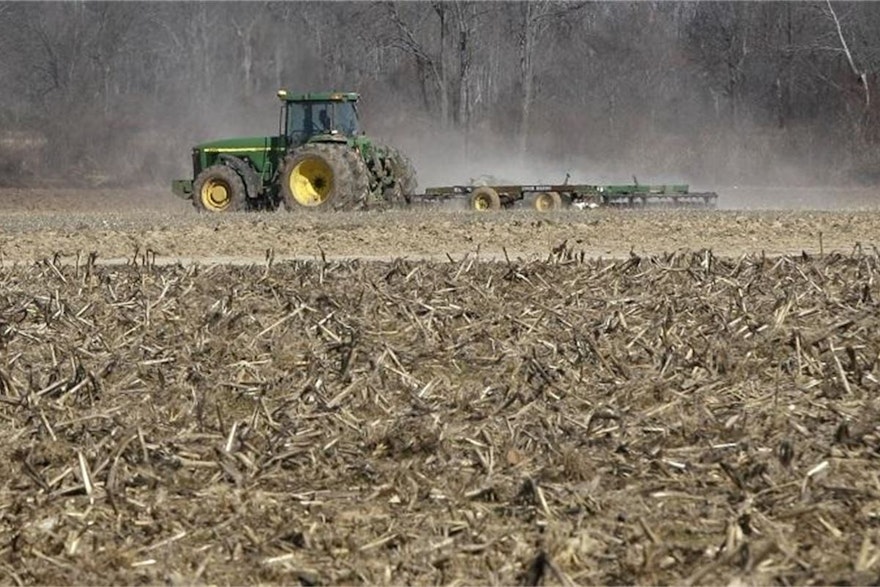Conventional farming, also known as industrial agriculture or conventional agriculture, is a method of farming that uses large amounts of synthetic fertilizers, pesticides, and other chemicals to increase crop yields. While this has led to improvements in food production, it has also created a host of problems. These problems include environmental damage, health risks, and economic difficulties for farmers.
One major problem with conventional farming is the significant environmental damage it causes. The use of synthetic fertilizers and pesticides not only harms the soil, but also pollutes water sources and kills off important pollinators like bees and butterflies. This not only reduces the diversity of flora and fauna in an area, but can also create long-term effects on human health through contaminated water.
Another problem with conventional farming is the health risks associated with pesticide and fertilizer exposure. These chemicals are often toxic and can endanger the health of humans, wildlife, and even the local environment. Pesticides, in particular, can disrupt the balance of ecosystems and harm beneficial insects, such as bees and butterflies, which play vital roles in pollination.
Additionally, conventional farming practices create economic difficulties for small-scale farmers. The high cost of chemical inputs has made it difficult for farmers to maintain profits, especially when they must compete with large agribusinesses that can afford to produce at lower costs. This has resulted in consolidation within the agriculture industry, where smaller farms are bought out by larger ones or forced into bankruptcy.
In conclusion, the problems with conventional farming are numerous and severe. The negative impact of using synthetic inputs on the environment can lead to permanent damages that cannot be reversed. Additionally, the risk of health issues due to exposure has become a growing concern for people residing near conventional farms. Lastly, the economic difficulties experienced by smaller scale farmers often leads them to either merge with larger conglomerates or go bankrupt, eliminating competition from the market. It is time for the agriculture industry to change its practices to ones that promote environmentally-friendly alternatives for the sake of the planet and its inhabitants.
![[object Object]](/lib_spHIafSFjsByroeG/07huta025gqqnbw0.png?w=210)
